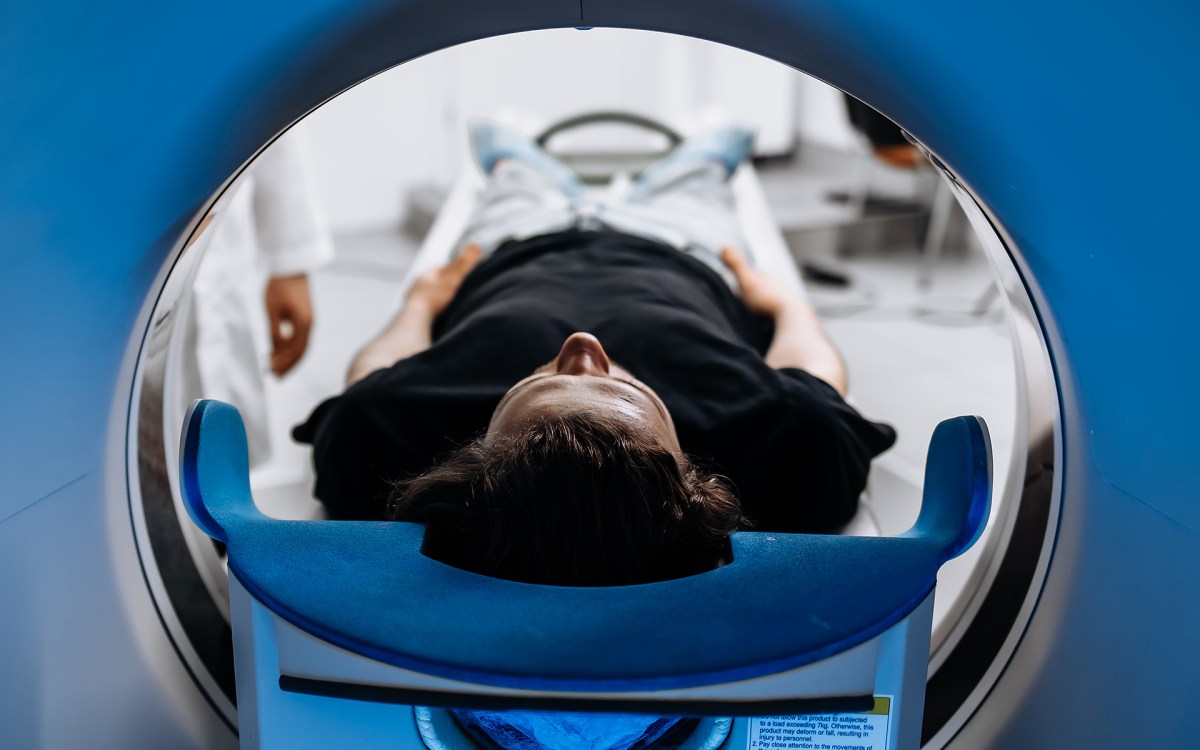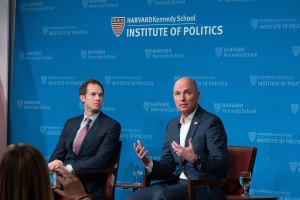Tag: Research
-
Science & Tech
So much for summers of love
Despite ‘hippie’ reputation, male bonobos fight three times as often as chimps, study finds
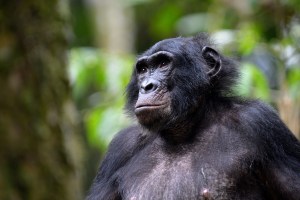
-
Science & Tech
Amazon butterfly evolved from hybrids
Genomic findings challenge thinking on what makes a species
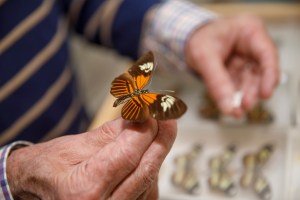
-
Nation & World
How dating sites automate racism
Sociologist’s new book finds algorithms that suggest partners often reflect stereotypes, biases
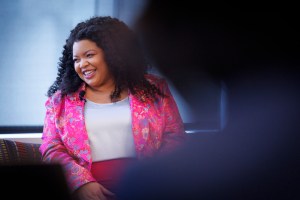
-
Science & Tech
Hate mosquitoes? Who doesn’t? But maybe we shouldn’t.
Entomologist says there is much scientists don’t know about habitats, habits, impacts on their environments
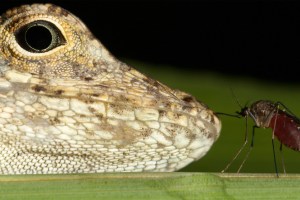
-
Health
Novel teamwork, promising results for glioblastoma treatment
Researchers cite ‘academic medicine’ as key factor in success
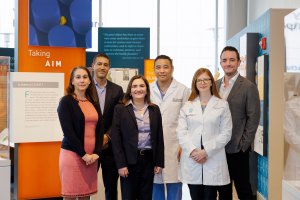
-
Health
Study of 4.3M pregnant women clarifies safety of antiseizure meds
Using 20 years of data, prenatal exposure to topiramate may not increase children’s risk of autism spectrum disorder

-
Health
Aspirin cuts liver fat in trial
10 percent reduction seen in small study of disease that affects up to a third of U.S. adults
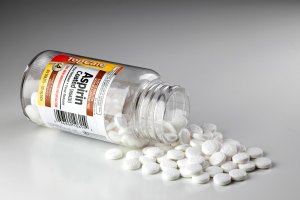
-
Health
Treat addiction with psychedelics?
Despite promise of success stories from patients in recovery, Law School panel cautions that research is lacking on benefits vs. risks
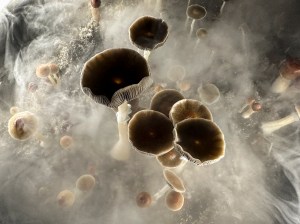
-
Health
First-ever transplant of pig kidney to patient a success
Genetic editing improves compatibility, marks advance in organ shortage crisis
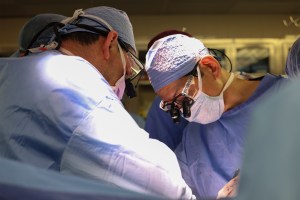
-
Health
Parkinson’s warning in skin biopsy
Medical office procedure identifies key biomarker that may lead to more reliable diagnosis of neurodegenerative disorders
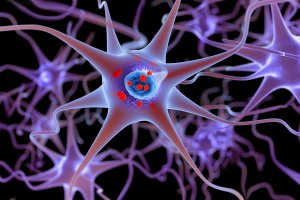
-
Health
How the already anxious avoided global spike in COVID anxiety
Psychological tools learned by those in treatment proved protective in high-stress event, study finds
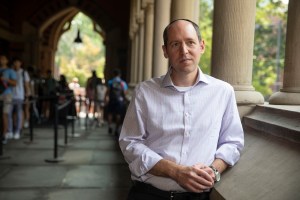
-
Health
Losing fat is good, but losing muscle isn’t
Researchers call for makers of new anti-obesity drugs to study results of body composition in addition to weight loss.
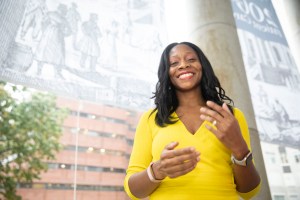
-
Health
‘Dramatic’ inroads against aggressive brain cancer
Cutting-edge therapy shrinks tumors in early glioblastoma trial
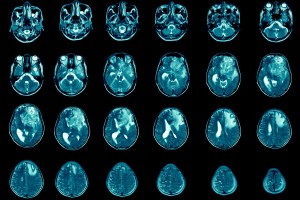
-
Science & Tech
Climate alignment is no easy task
Experts at the Salata Institute outline tensions between global and local priorities

-
Work & Economy
Where money isn’t cheap, misery follows
Student’s analysis of global attitudes called key contribution to research linking higher cost of borrowing to persistent consumer gloom
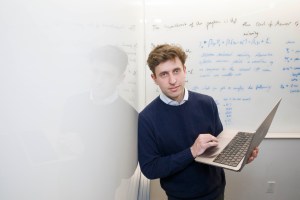
-
Campus & Community
Studying Latin American literature of stateless amid new era of displacement
Harvard Horizons Scholar to detail research at Sanders symposium
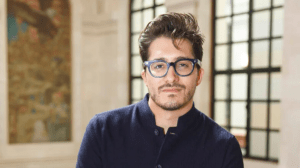
-
Health
Despite prevalence, arthritis, neck and back pain receive few research dollars
Musculoskeletal diseases are the leading cause of years lived with disability
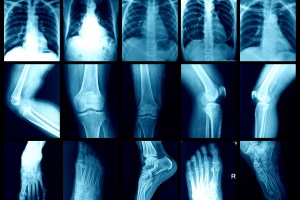
-
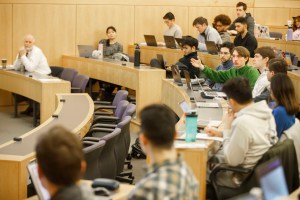
-
Health
Potential link to an everyday food in cancer findings
Oleic acid, key component of olive oil, implicated in metastasis — but investigators emphasize the need for more clarity
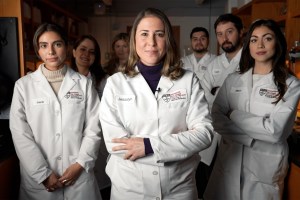
-
Science & Tech
A playbook for policy change
Leah Stokes turns a love for the wilderness into a commitment to help mitigate climate change
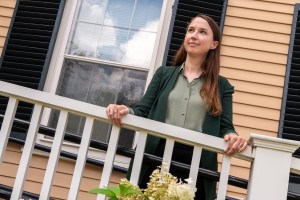
-
Health
Finding flaws in superbugs’ armor
Harvard biochemists’ research paves the way for development of new antibiotics
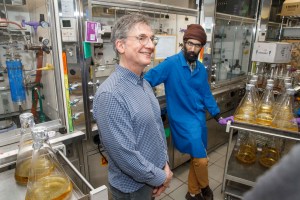
-
Health
Her friends’ parents were dying of cancer. Then her mom got sick.
Childhood tragedy sparks Harvard researcher Jen Cruz’s quest to root out public health inequities
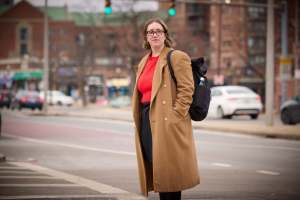
-
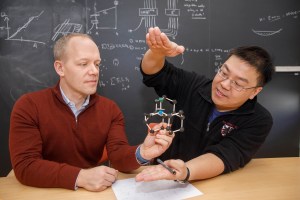
-
Science & Tech
Glimpse into how mind may affect healing
Study finds bruising fades faster in patients who are led to believe more time has passed than actually has

-
Health
Potential new weapon in battle against superbugs
Harvard team’s synthetic molecule highly effective against drug-resistant bacteria
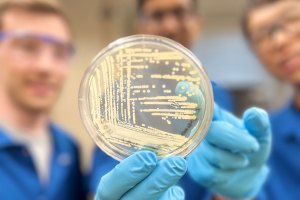
-
Health
New evidence shows COVID-19 isn’t done with us yet
Study suggests lack of regular care and screenings set stage for worse public health outcomes, wider disparities
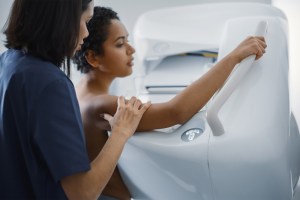
-
Health
Gene-therapy breakthrough allows congenitally deaf children to hear
Harvard scientist co-leads research, which targeted specific condition, may yield other treatments for more of the 30 million kids with genetic hearing loss
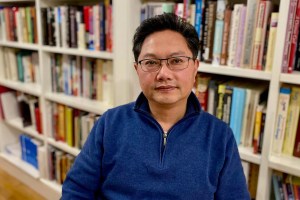
-
Science & Tech
An evolutionary clue, curled up and long unstudied, in a Harvard museum
Trilobites’ soft undersides show mechanics of early ‘enrollment’ defense
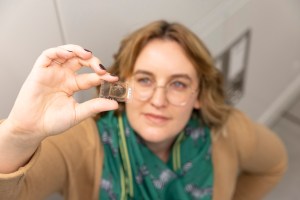
-
Science & Tech
Bird’s-eye view of energy conservation
Physics of V-shaped flight formations offer insights into how to improve efficiency of groups of drones, underwater vehicles
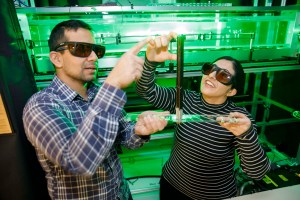
-
Science & Tech
Why do some kids learn to talk earlier than others?
Global study by new faculty Elika Bergelson finds three key predictors of language development. They may surprise you.

